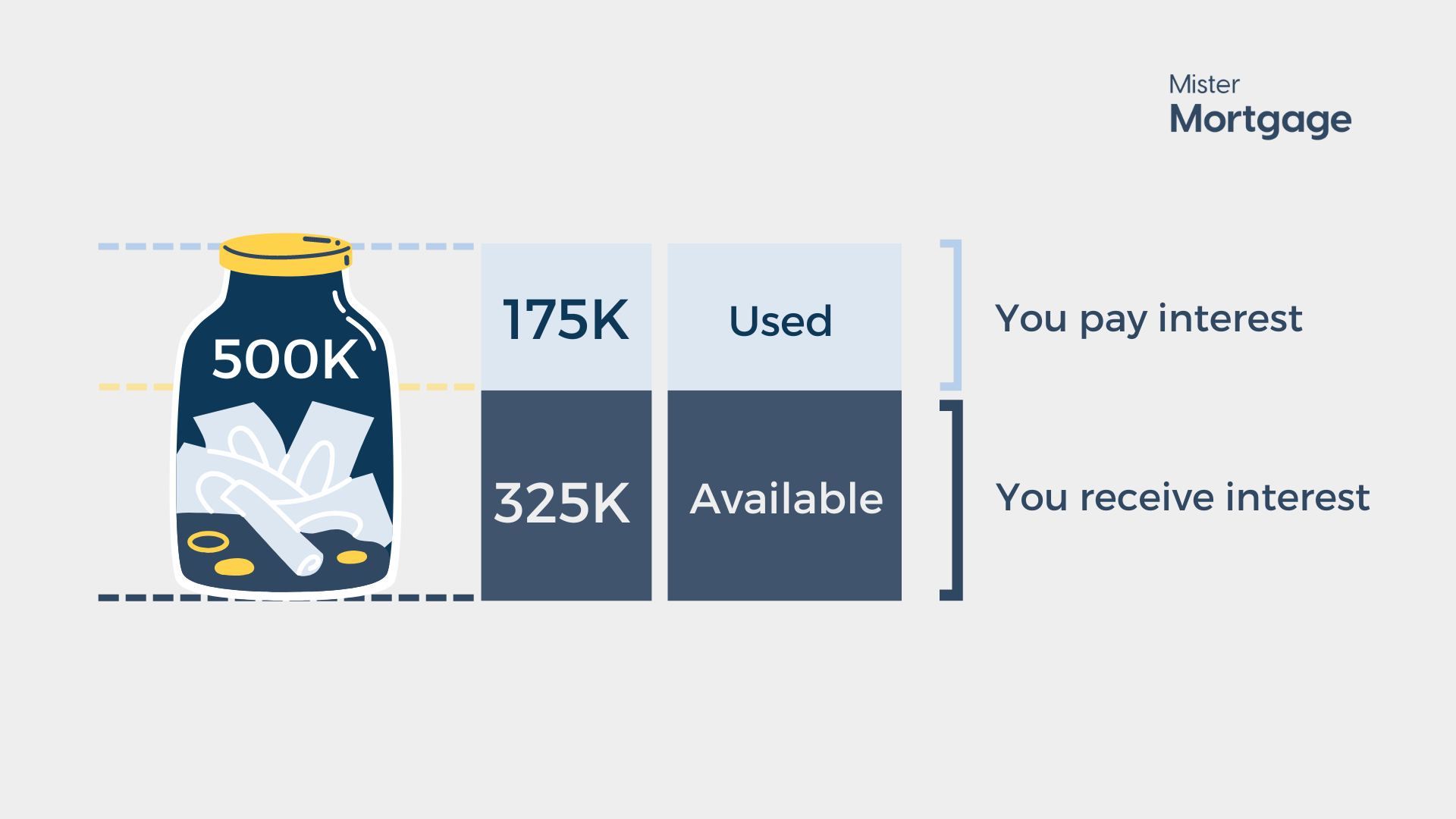
Bouwdepot', or construction deposit account, is a term you may encounter when applying for Dutch mortgages to renovate your home or buy a newly built property.
How does a construction deposit account work? What is the difference between a construction deposit account for a new build and a renovation? What are the rules to pay attention to? This article introduces everything you need to know about the construction deposit account.
What is a 'bouwdepot' (construction deposit account)?
'Bouwdepot' is often translated into 'construction deposit account', or 'building fund account'. In brief, it is a separate mortgage account set up to pay for the property construction fees, and there are certain rules to manage the account. You need a construction deposit account when getting a mortgage for renovation or a newly built property since both scenarios involve ongoing construction before everything is finalised.
A construction deposit account works almost the same for a new build and a renovation project; the main difference is how money is paid from that account. For newly built projects, the lender uses the deposit to pay the developer or contractor directly.
You still need to pass along the invoices from the developer to the lender, but the money transfer does not go through you. In the case of renovation, you pay the contractor yourself, and the lender will pay you.
After receiving the invoice, the lender will transfer the according amount to your bank account.
How does a construction deposit account work?
A construction deposit account is set up once your mortgage gets approved. Then the money in this account can be used to pay for renovation or new construction.
If you buy a new build, the purchase agreement will specify when and how the contractor will be paid every time they finish a stage of the construction. The instalments will follow this schedule. In the case of renovation, you can decide how to spend your money and send the lender invoices to claim money from the construction deposit account.


What are the rules for a construction deposit account?
-
You can only use the deposit for the purpose of construction, such as building the apartment, renovating the kitchen, and paying the contractor. Other items, such as furniture, are not included and cannot be covered.
-
The account expires for a fixed period of time, usually 18 months. You need to extend the term if the construction is not expected to finish after then.
-
The account also ends once the construction is finished. If there's still money left in the account, the remaining deposit will be used to repay your mortgage or paid to your account, depending on the amount left.
Do I receive interest from the savings in this account?
Yes, you receive interest from the money saved in your construction deposit account. As the remaining deposit amount decreases, your interest payment also decreases. It is worth noting that you will no longer receive interest after the original expiration date of the account, even if you extend it.
How to calculate a construction deposit and apply for an account?
The lender sets up the construction deposit as part of the mortgage you have applied for. The deposit amount depends on your mortgage for renovation or new builds. It is recommended to discuss with your mortgage specialist to find the best option for your situation.
Schedule a complimentary introductory call with our mortgage specialists. We specialize in mortgages for expats and are dedicated to navigating you through the home-buying process.
-
Access to a trusted network.
-
Highly competitive rates and flexible terms.
-
Guidance through the entire mortgage process.
-
English translations of bank documents are shared.

- 100% Independent Advice




